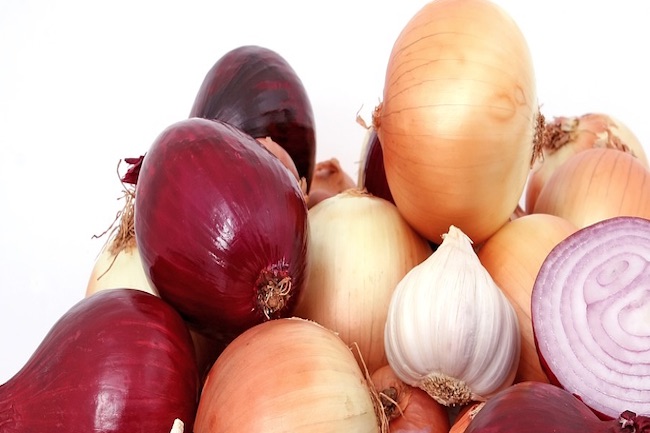Ditch Pharmaceuticals, Get Aspirin From Your Food by Dr. Joseph Mercola for Mercola
Aspirin has a long history, dating back nearly 4,000 years when Sumerians wrote of using willow bark for pain relief.1 The ancient Egyptians used willow bark to reduce body temperature and inflammation, and the Greek physician Hippocrates used it to help relieve pain and fever. By the early 1800s Europeans were researching the effects of salicylic acid and how to determine a correct dosage of it.2
In 1899, Bayer begin distributing the powder, and it was sold as tablets over the counter in 1915. Doctors gave aspirin to Alexi Nicholaevich Romanov of Russia, who had hemophilia. The aspirin likely made the bleeding worse. When the family’s mystic Grigori Rasputin advised the family to stop modern treatments and rely on spiritual healing, the bleeding improved.
In an article published in 2010 in CNN, one physician from Harvard Medical School recommended reducing the risk of stomach bleeding associated with aspirin by taking a second medication — Prilosec.
By 2012, the U.S. Food and Drug Administration reversed their recommendation, concluding data did not support aspirin as a preventive medication for those who had not had a heart attack, stroke or cardiovascular problems.3 In this population, not only had benefit not been established, but “dangerous bleeding into the brain or stomach” was a significant risk.
Salicylates Found Naturally in Some Foods
In the same year the FDA withdrew their recommendation for daily aspirin intake to reduce cardiovascular risk, one meta-analysis was published showing a reduction and cancer mortality in those taking daily low-dose aspirin.4 The researchers hypothesized the effect was the result of inhibition “of cox-2 in preneoplastic lesions.”
Their results were supported by a second meta-analysis5 published in the same year finding a reduction in nonvascular deaths and cancer with low dose aspirin. In another study published in 2018,6 researchers found data suggesting aspirin is associated with a lower risk of developing several types of cancer, including colorectal, esophageal, pancreatic, ovarian and endometrial.
As New York Times best seller author and nutrition expert Dr. Michael Greger writes,7 animal products made up 5% or less of their diet before Japanese citizens began adopting a Western diet.8 During the same period, there was a vast difference in cancer deaths between the U.S. and Japan.
The age-adjusted death rates for colon, breast, ovary and prostate were five to 10 times lower in Japan, and leukemia, lymphoma and pancreatic cancer death rates were three to four times lower. In part, this protection may have been the result of phytonutrients found in the plant-based diet, including salicylic acid, the active ingredient in aspirin.
The highest concentrations in plants is found in herbs and spices with the greatest amount in cumin. Researchers have found eating a teaspoon of cumin will spike your blood levels of salicylic acid to the same degree that taking a baby aspirin does. Greger9 quotes one study describing the lower incidence of colorectal cancer in areas where people eat diets rich in salicylic acid:10
“The population of rural India, with an incidence of colorectal cancer which is one of the lowest in the world, has a diet that could be extremely rich in salicylic acid. It contains substantial amounts of fruits, vegetables, and cereals flavored with large quantities of herbs and spices.”
In another analysis11 comparing organic versus nonorganic vegetables, scientists found soup made with organic vegetables contained more salicylic acid. Salicylic acid is produced by plants in response to stress, such as when they’re being bitten by bugs. Plants treated with pesticides do not undergo this type of stress, and studies show they contain six times less salicylic acid than those grown organically.




